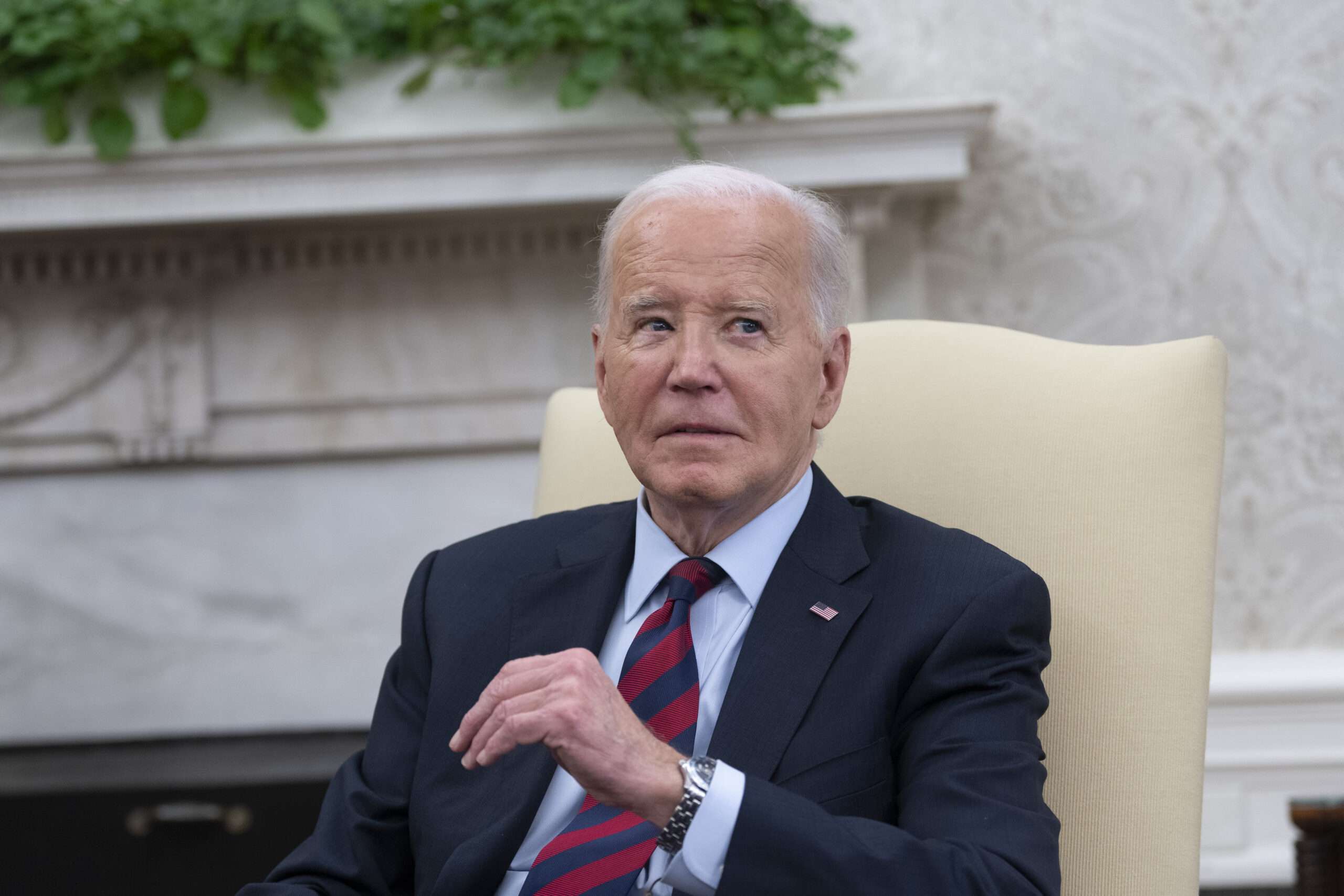Only a Compassionate Father
On December 2, 2024, President Joe Biden issued a blanket pardon for his son, Hunter Biden, which has sparked a complex discussion about the implications of such an action. The New York Times characterized this decision as one influenced by the pressures of a looming Trump administration and Hunter’s impending legal challenges, which led Biden to abandon his past assertions of not intervening in his son’s legal troubles. Critics argue that this supportive portrayal of Biden contrasts starkly with how similar situations involving former President Donald Trump might be reported, suggesting a double standard in media coverage of the two figures. The core of the controversy lies in the extent of the pardon, which not only absolves Hunter of minor legal infractions, such as gun purchase misrepresentations, but also covers potential issues linked to his business dealings, particularly with the Ukrainian energy company Burisma.
Biden’s statement announcing the pardon emphasized his commitment to transparency, portraying himself as a father trying to protect a struggling son from the ramifications of years of public scrutiny. However, the decision raises questions about the ethics of political power and familial loyalty, blurring the lines between personal and official responsibilities. Biden’s action is viewed by some as a capitulation to personal interests over judicial integrity, which significantly undermines public trust. The initiative reflects not only a father’s instinct to aid his child but also indicates the psychological toll that Hunter’s legal battles have inflicted on Biden and their family. This emotional conflict is documented through statements from close associates of the president, suggesting that familial despair may have ultimately swayed him toward clarity amid turmoil.
Hunter Biden’s legal timeline exacerbated the precariousness of Biden’s position, as impending legal outcomes may have influenced the urgency for a presidential pardon. Hunter had recently pleaded guilty to tax-related charges, which intensified distress within the family and furthered discussions of a pardon as a necessary rescue operation. Supporters often cite the risks of addiction and concerns for Hunter’s wellbeing as justifications for Biden’s decision, portraying him as a compassionate figure navigating the complexities of his son’s challenges. However, critics assert that this level of familial leniency should not come at the expense of institutional norms that govern legal accountability for all individuals, regardless of familial ties or political connections.
The legal ramifications of this pardon extend beyond merely resolving Hunter Biden’s personal issues; it invites ongoing scrutiny regarding the criteria and integrity of presidential pardons. The action likely sets a precedent that could complicate future ethical standards and public expectations of political figures. Many commentators suggest Biden’s decision, whether motivated by genuine concern or a desperate bid to salvage familial reputation, poses potential risks to larger democratic principles, eroding trust in the fairness of the justice system. This compartmentalization of accountability reflects a broader cultural concern about powerful individuals utilizing their status to shield family members from legal ramification.
Concurrently, the Biden administration is embroiled in another significant legal question as the Supreme Court considers a challenge to a Tennessee law that prohibits medical providers from administering gender-transitioning treatments to minors. This case emphasizes the intersection of health, personal rights, and legal frameworks while focusing on whether the law discriminates based on sex, leading to heated debates around equal protection under the law. The decision to engage only with the Equal Protection Clause, rather than broader parental rights discussions, indicates a legal strategy focusing on immediate implications rather than socio-political controversies that surround the topic of gender identity and treatment.
Lastly, significant events in global and national arenas accompany these legal dilemmas, including alarming developments in the ongoing conflict in Syria and legislative changes in the UK regarding assisted suicide. Both situations highlight the critical balance of ethical discourse in policy-making and the implications of such decisions on societal values. Meanwhile, various organizations and independent journalists continue to spotlight myriad societal issues, such as those concerning homelessness and identity theft, further complicating public narratives around justice, health, and welfare. Overall, Biden’s decision regarding Hunter Biden reflects larger themes of political morality, the intertwining of personal and public life, and the delicate nature of navigating legal and ethical landscapes in an increasingly polarized environment.
Share this content:












Post Comment